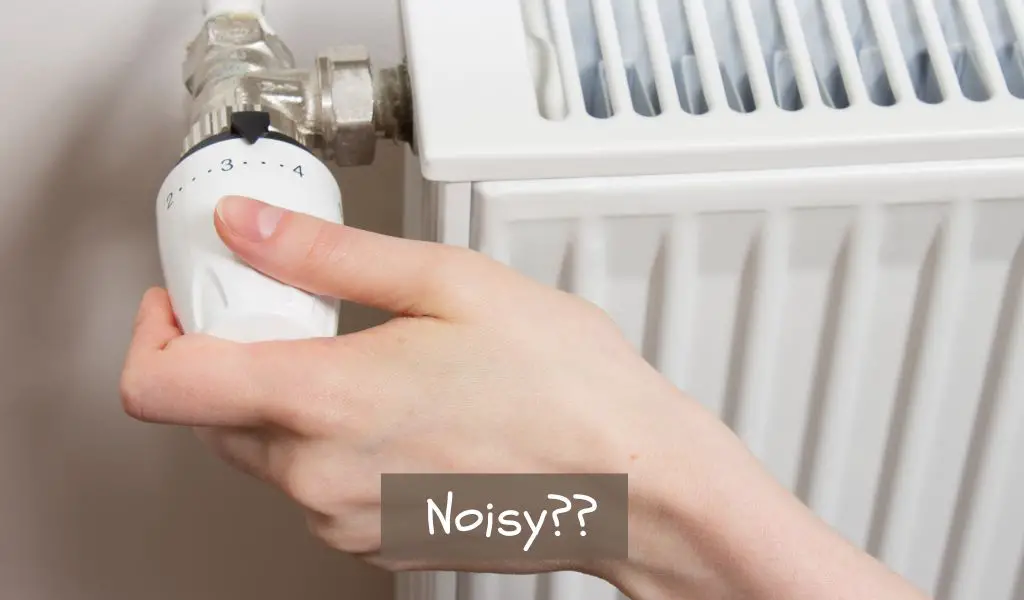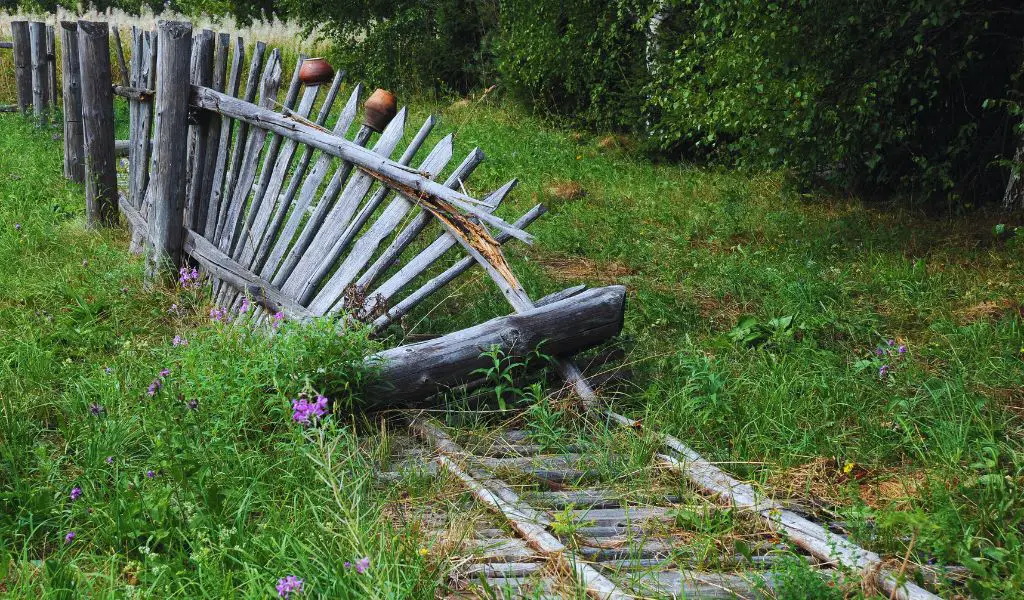Have you ever heard strange noises coming from your radiator? If so, you’re not alone.
Radiators can make a variety of odd and interesting sounds, which can be confusing if you’re not familiar with how radiators work.
This blog post will provide an overview of why radiators make noise, what those noises mean, and how to fix them.
Most radiator noises are caused by trapped air or blockages such as sludge or foreign bodies, which, with some basic knowledge are easily rectified.
The Science Behind Radiator Noises
Radiators are made up of two main components: pipes and fins.
The pipes are filled with hot water or steam that is heated by the central heating system, while the fins help to dissipate the heat throughout the room.
As this hot water or steam moves through the pipes, it can cause a variety of different noises—especially when the pressure in the system changes.
Here are some common radiator noises and what they could indicate:
• Banging – This is likely due to air being trapped in one part of the system. To fix this problem, bleed air out of your radiator using a key or valve until only water runs out.
• Hissing – A continuous hissing sound is usually caused by water dripping onto a hot surface within your radiator system. It’s important to check for any signs of leaking pipes or valves as soon as possible because this type of leak can lead to significant damage over time.
• Gurgling – Gurgling usually occurs when there is an imbalance between incoming and outgoing water flow within your radiator system. You may need to adjust your thermostat settings if this is happening regularly.
• Clicking – A clicking sound could indicate that there is something blocking or obstructing one part of your radiator system. It’s important to check for any signs of blockages before continuing use as these can cause major damage over time if left unchecked.
Air in the System
One of the most common causes of radiator noise is air trapped in the system.
Your radiator needs water to work properly, so when air enters the system, it can create a gurgling or bubbling sound as it passes through.
The easiest way to solve this problem is to bleed your radiator.
To do this, you’ll need a radiator key (which can usually be found at any hardware store), some towels or rags, and a bucket or bowl to catch any excess water that comes out when you open the valve.
DOITOOL 10pcs Metal Square Socket Radiator Keys Plumbing Bleeding Key Air Plumbing Tool Silver
Danco 80238 Radiator Valve Key
Mudder 11 Pcs Multi Functional Utility Key Kit Plumbers Key 4 Ways Utility Key Triangle Cabinet Spanner Key Socket Keys for Radiators Gas Electric Meter Boxes Faucet and Lock
Once all of these items are gathered, turn off your heating system and let your radiators cool down completely before attempting to bleed them.
Then, follow these steps:
1) Place your bucket/bowl below each valve
2) Put a towel/rag below each valve just in case any water leaks out
3) Insert your key into the valve and turn clockwise until you hear hissing from inside the radiator; this means that air is being released from the system
4) Once no more air escapes from the valve, close it by turning counterclockwise until it stops moving
5) Wait for 10-15 minutes before turning on your heating system again
6) Repeat steps 1-5 for all other radiators if necessary.
General Wear & Tear
Another possible cause of noisy radiators is general wear and tear over time.
This could be due to corrosion within certain parts of the radiator or simply because certain components have become loose over time.
If this is an issue, then you may need to get a professional plumber to come take a look at it as they will have access to more specialized tools than what you would find at a hardware store; plus they will know exactly which parts need replacing or tightening up.
Final Words
No matter what kind of noise you hear coming from your radiators, it’s always best to call a professional plumber who understands how these systems work and can properly diagnose any underlying issues that may be causing these strange sounds.
By understanding why radiators make noise we have taken away some of their mystery and now know exactly what to look out for should we ever hear something strange coming from our own system again.








